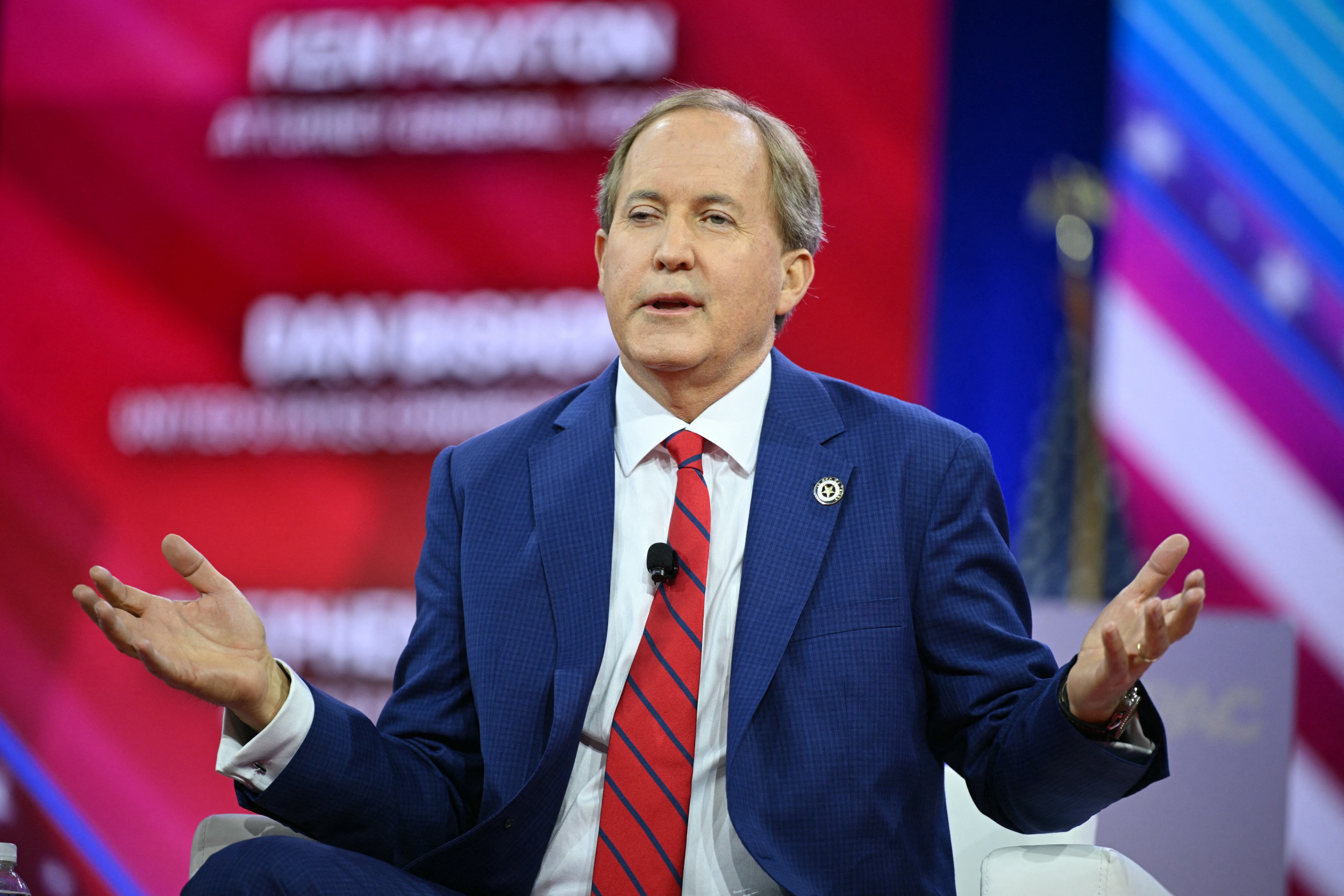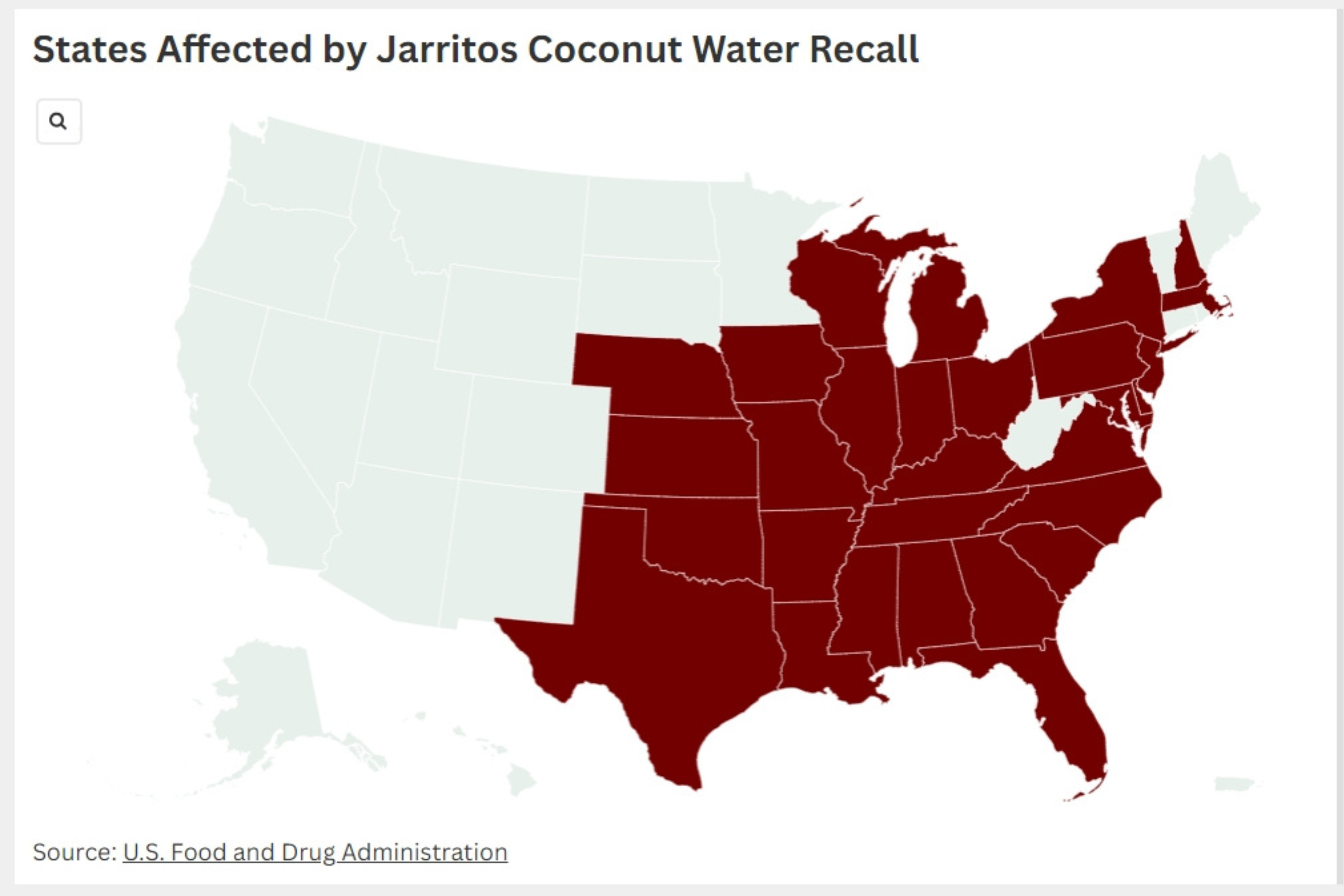What's New?
The Biden Administration has launched a probe into "unfair trade practices" by China in the semiconductor supply chain, paving the way for a new round of tariffs once President-elect Donald Trump takes office.
On Monday, the White House announced that the office of Office of the U.S. Trade Representative (USTR) will be undertaking a Section 301 investigation, relating to violations of the 1974 Trade Act and discriminatory foreign government practices that "burden U.S. commerce." The investigation will examine China's manufacturing and increasing dominance of the market for foundational, or "legacy" semiconductors, which possess widespread applications in the production of most home appliances, consumer electronics and automobiles.
"The People's Republic of China (PRC) routinely engages in non-market policies and practices, as well as industrial targeting, of the semiconductor industry that enables PRC companies to significantly harm competition and create dangerous supply chain dependencies in foundational semiconductors," the White House said on Monday.

"Evidence indicates that China seeks to dominate domestic and global markets in the semiconductor industry and undertakes extensive anticompetitive and non-market means, including setting and pursuing market share targets, to achieve indigenization and self-sufficiency," said Office of U.S. Trade Representative Katherine Tai. "China's acts, policies, and practices appear to have and to threaten detrimental impacts on the United States and other economies, undermining the competitiveness of American industry and workers, critical U.S. supply chains, and U.S. economic security."
Newsweek has reached out to the Chinese Ministry of Commerce and the Ministry of Foreign Affairs for comment.
Why It Matters
Efforts to undermine the pursuit of "indigenization and self-sufficiency" in the semiconductor industry could be perceived an attack by Beijing, which has long considered its reliance on imported semiconductors a vulnerability, as detailed in economic historian Chris Miller's 2022 book Chip War.
The Section 301 investigation could also serve a precursor for retaliatory actions by the USTR in the form of tariffs against the Chinese economy, as was done during the first Trump presidency.
The USTR must make its determination regarding trade malpractice by China within 12 months, meaning any actions taken as a result of this last-minute announcement by the Biden White House would be carried out by the incoming administration.
What To Know?
President Biden upheld the tariffs on Chinese imports that were implemented during Trump's first term, expanding on these in many instances.
In May, the president instructed his trade representative, under Section 301 of the Trade Act, to raise tariffs on specific Chinese imports. The changes, finalized in September, included increasing tariffs on certain steel and aluminum products by approximately 20 percent, raising tariffs on electric vehicles from 25 percent to 100 percent, and doubling the tariff rate on semiconductors from 25 percent to 50 percent.
In response, China's Ministry of Commerce accused the U.S. of "politicizing and instrumentalizing economic and trade issues," and vowed to "take firm measures to safeguard its rights and interests."
What People Are Saying
U.S. Trade Representative Katherine Tai: "This investigation underscores the Biden-Harris Administration's commitment to standing up for American workers and businesses, increasing the resilience of critical supply chains, and supporting the unparalleled investment being made in this industry."

The White House: "This Section 301 investigation will examine a broad range of the PRC's non-market acts, policies, and practices with respect to the semiconductor sector, including to the extent these semiconductors are incorporated as components into downstream products for critical industries like defense, automotive, medical devices, aerospace, telecommunications, and power generation and the electrical grid."
Jason Oxman, President and CEO of D.C.-based trade association The Information Technology Industry Council, via X: "ITI appreciates the U.S. government's focus on semiconductor industry competitiveness ... Given that this new initiative could have complex and far-reaching ramifications on the global economy, supply chains and U.S. leadership, it is critically important that the administration conduct a thorough investigation and not prejudge the outcome.
"The timing of this investigation's launch is concerning, and we strongly urge officials in the current and incoming administrations to conduct the inquiry in an objective and collaborative manner."
Wendy Cutler, former USTR negotiator and current vice president of the Asia Society Policy Institute, via X: "The new Section 301 investigation on foundational semiconductors from China will undoubtedly find Chinese subsidy practices unfair. The real challenge will be the remedies, which could expand to finished products using these chips."
What Happens Next?
In the accompanying formal notice, the office of the U.S. Trade Representative invited public comments and is set to hold a hearing related to the investigation. A docket for comments and requests to appear at the hearing will be open on January 6, with the hearing scheduled for March 11 and 12.
The USTR has also requested consultations with the Chinese government related to the investigation.
Do you have a story we should be covering? Do you have any questions about this article? Contact LiveNews@newsweek.com.




















 English (US) ·
English (US) ·